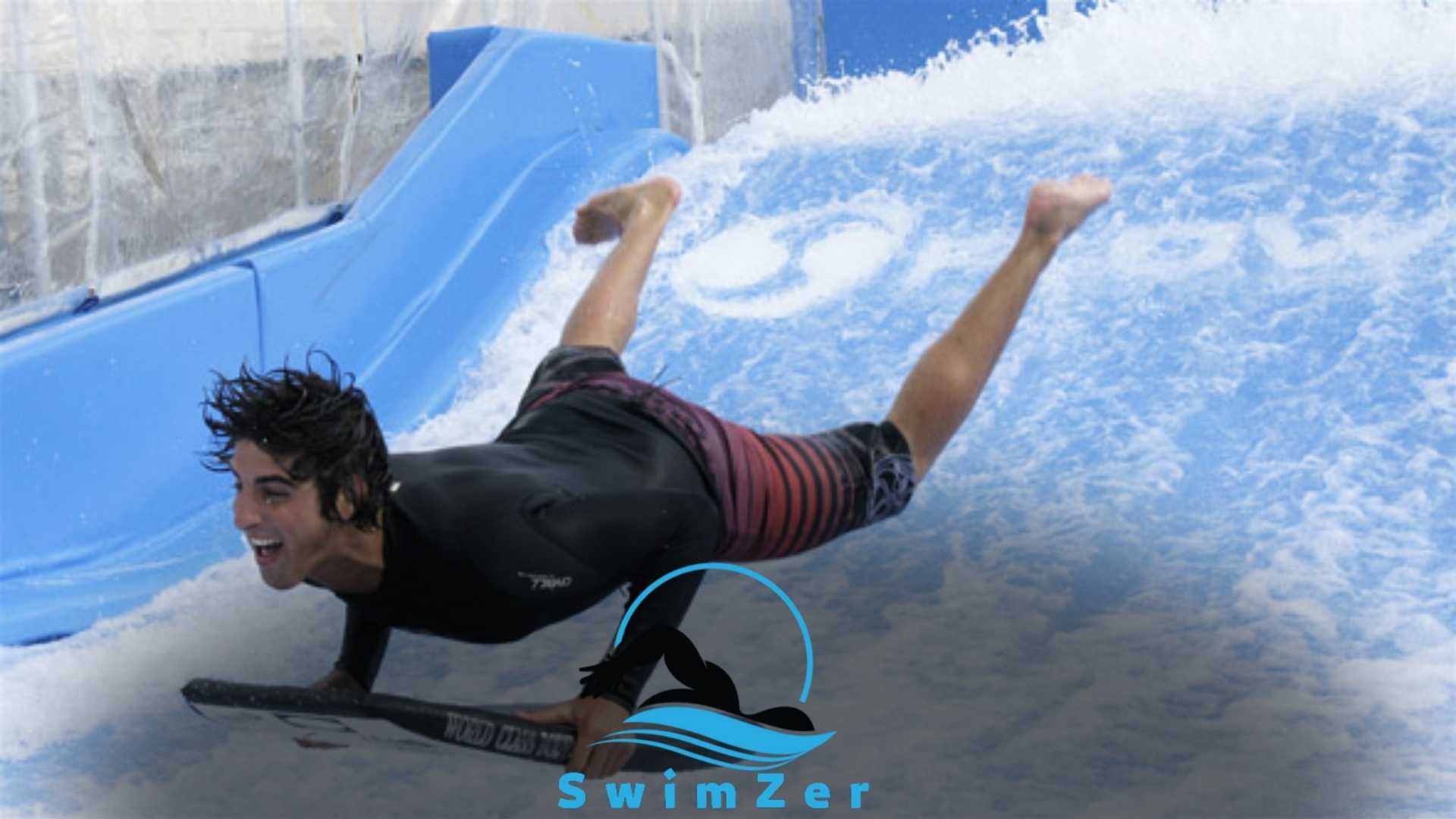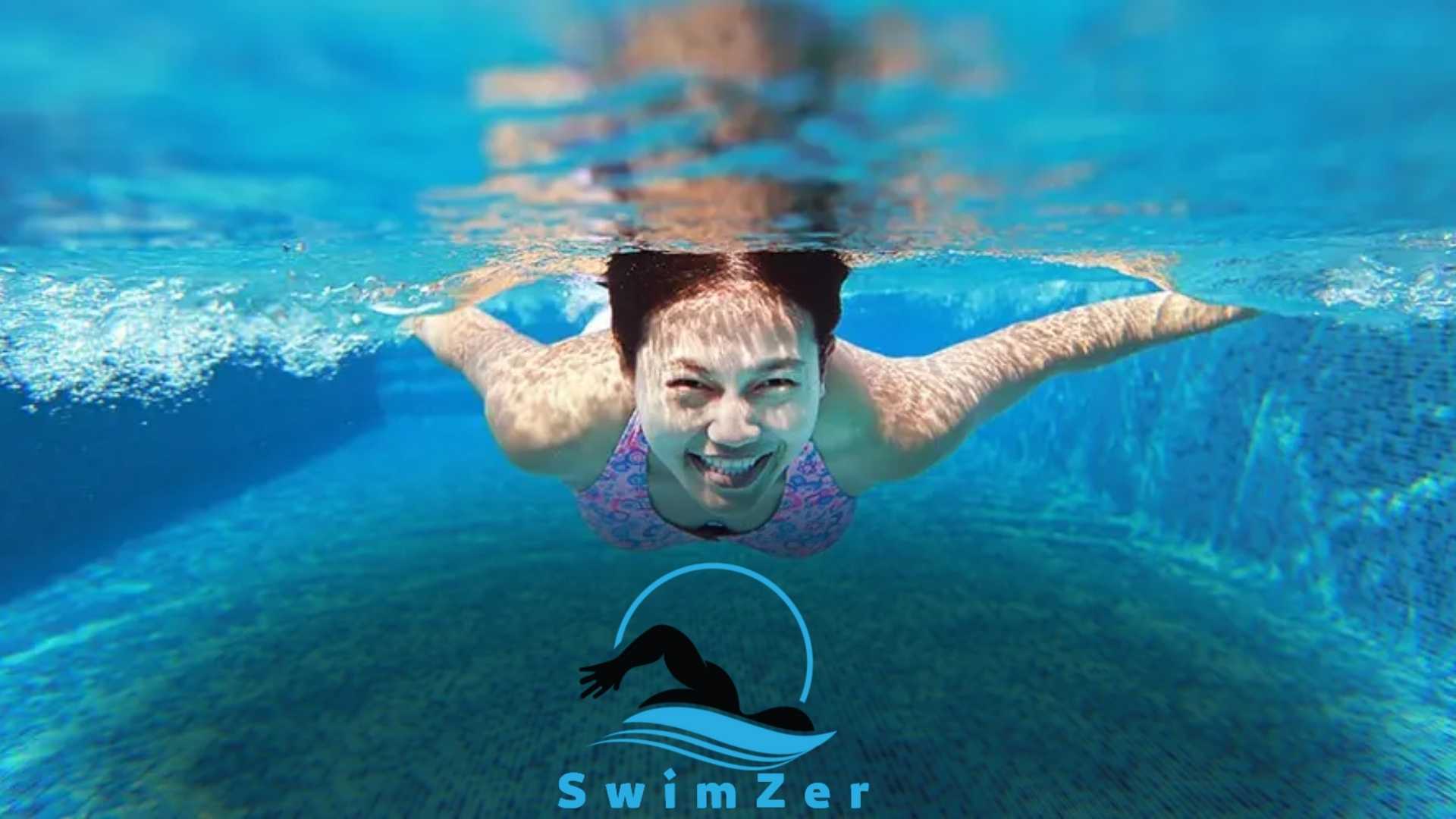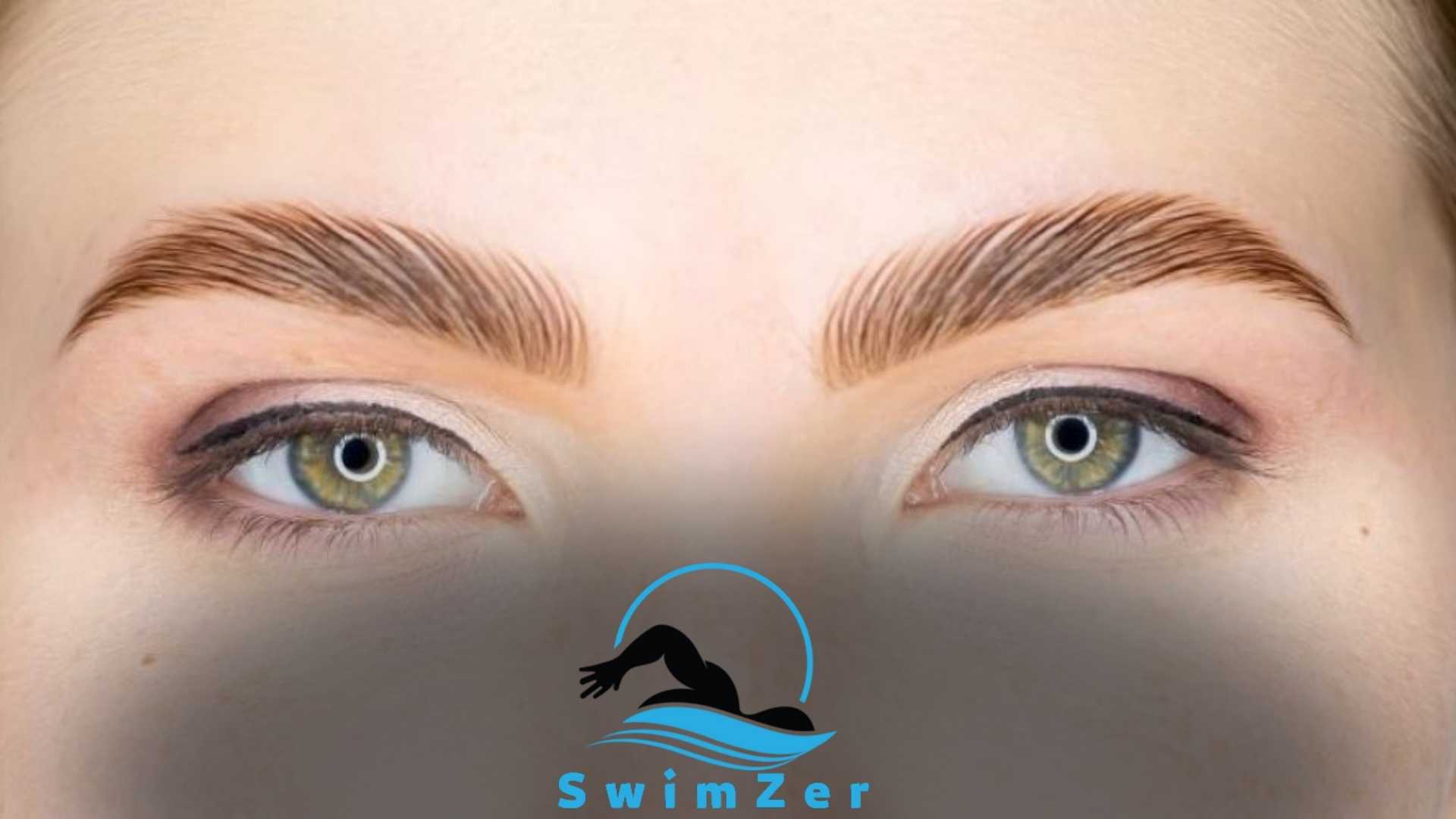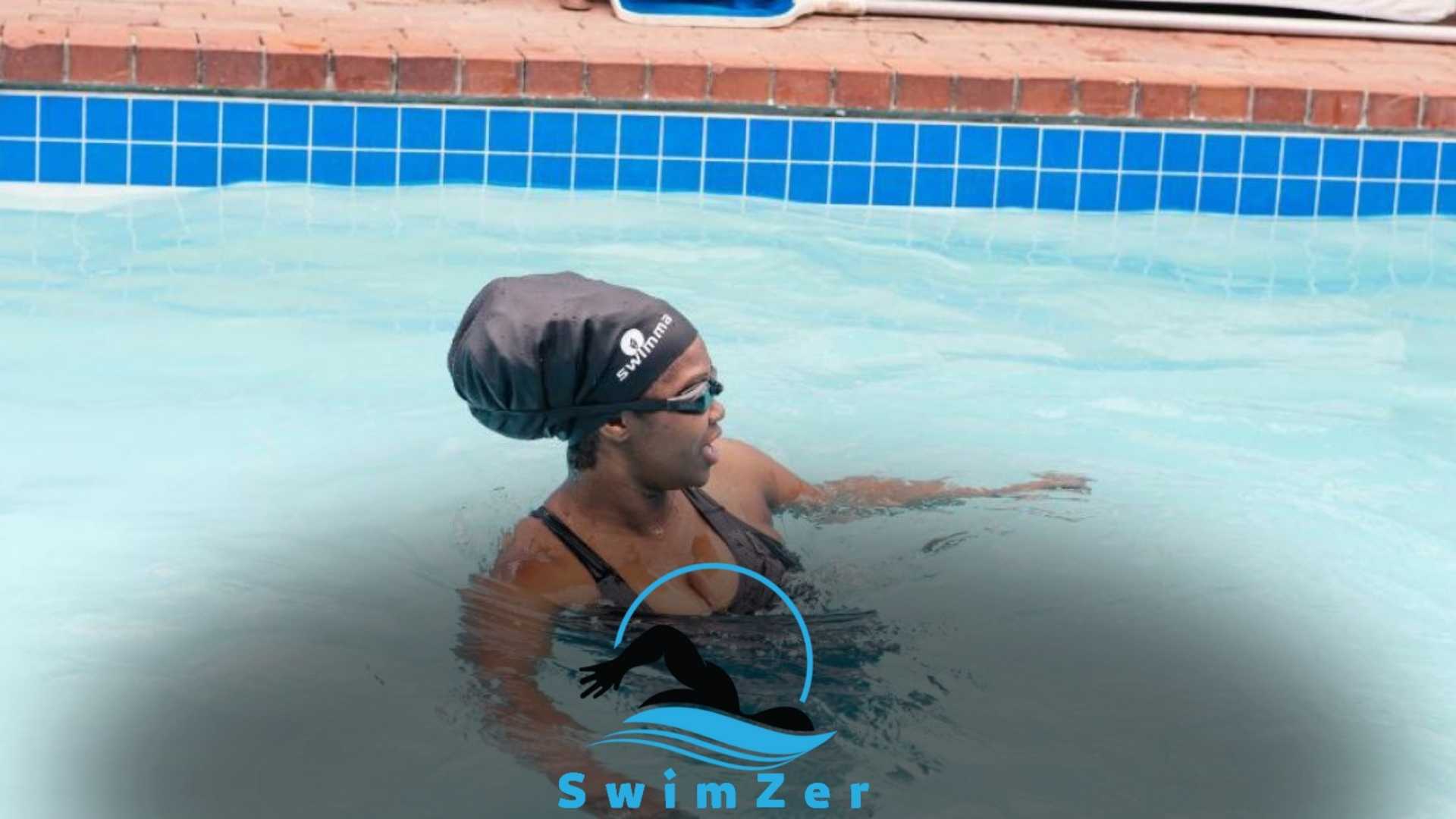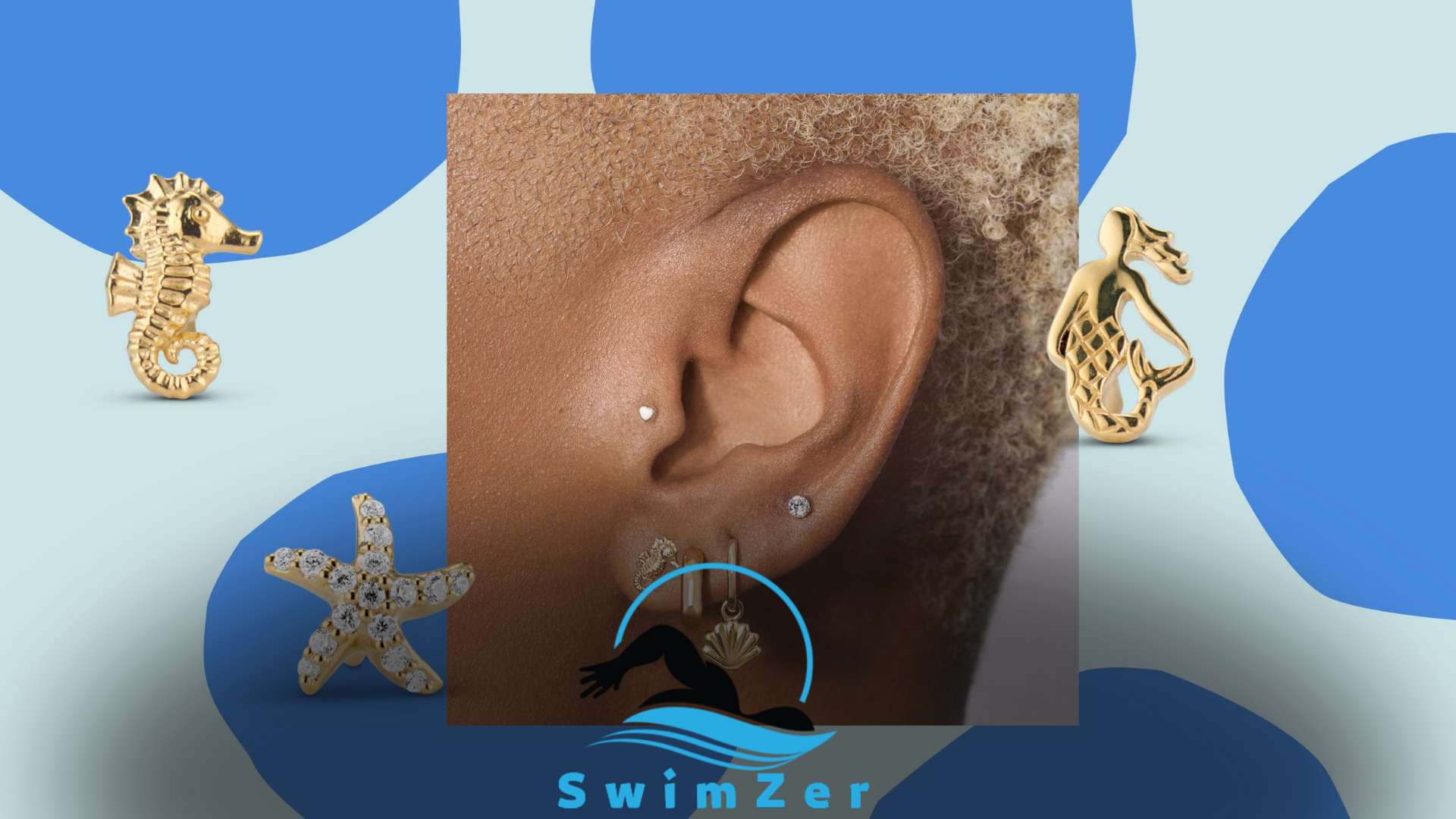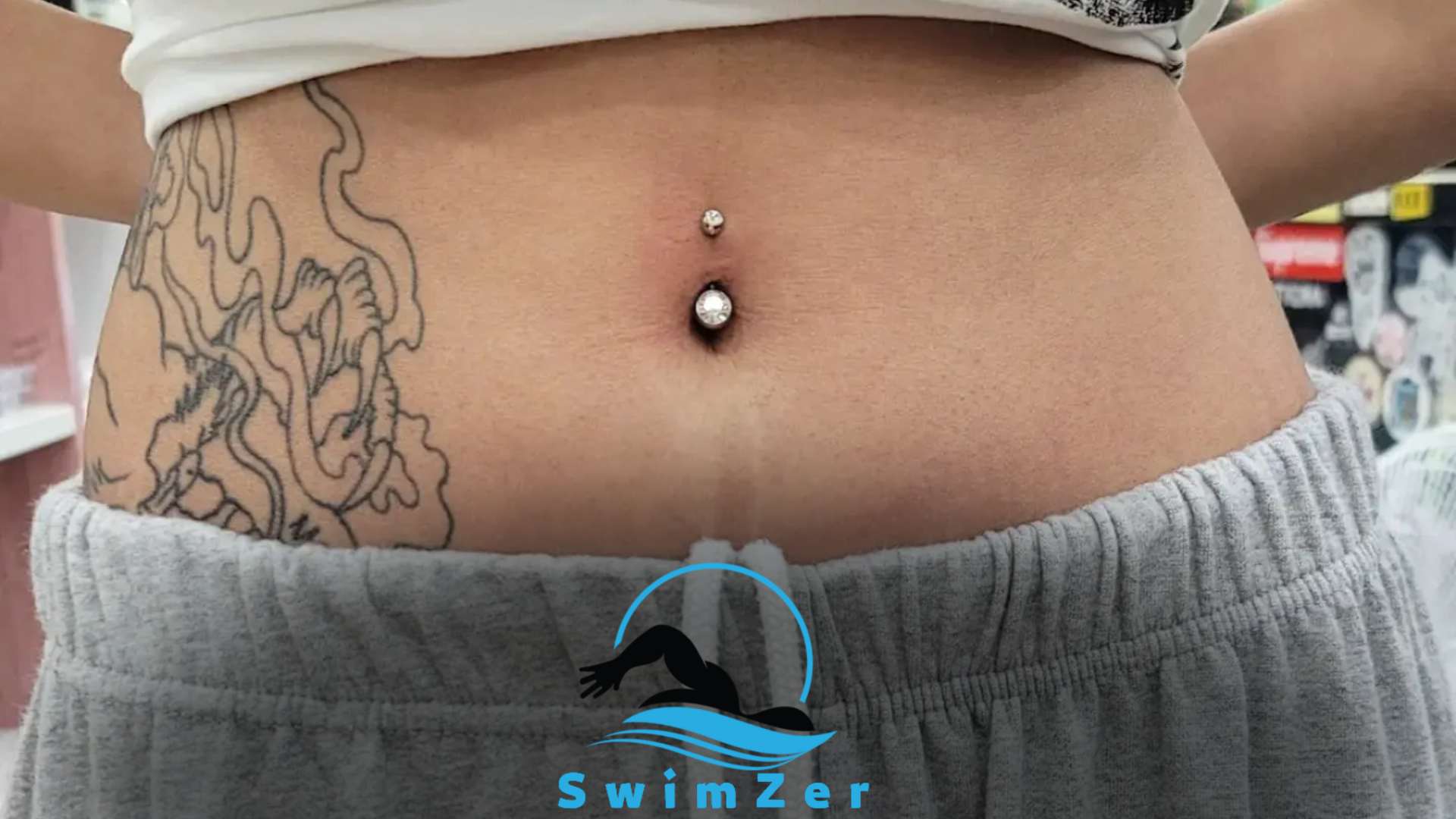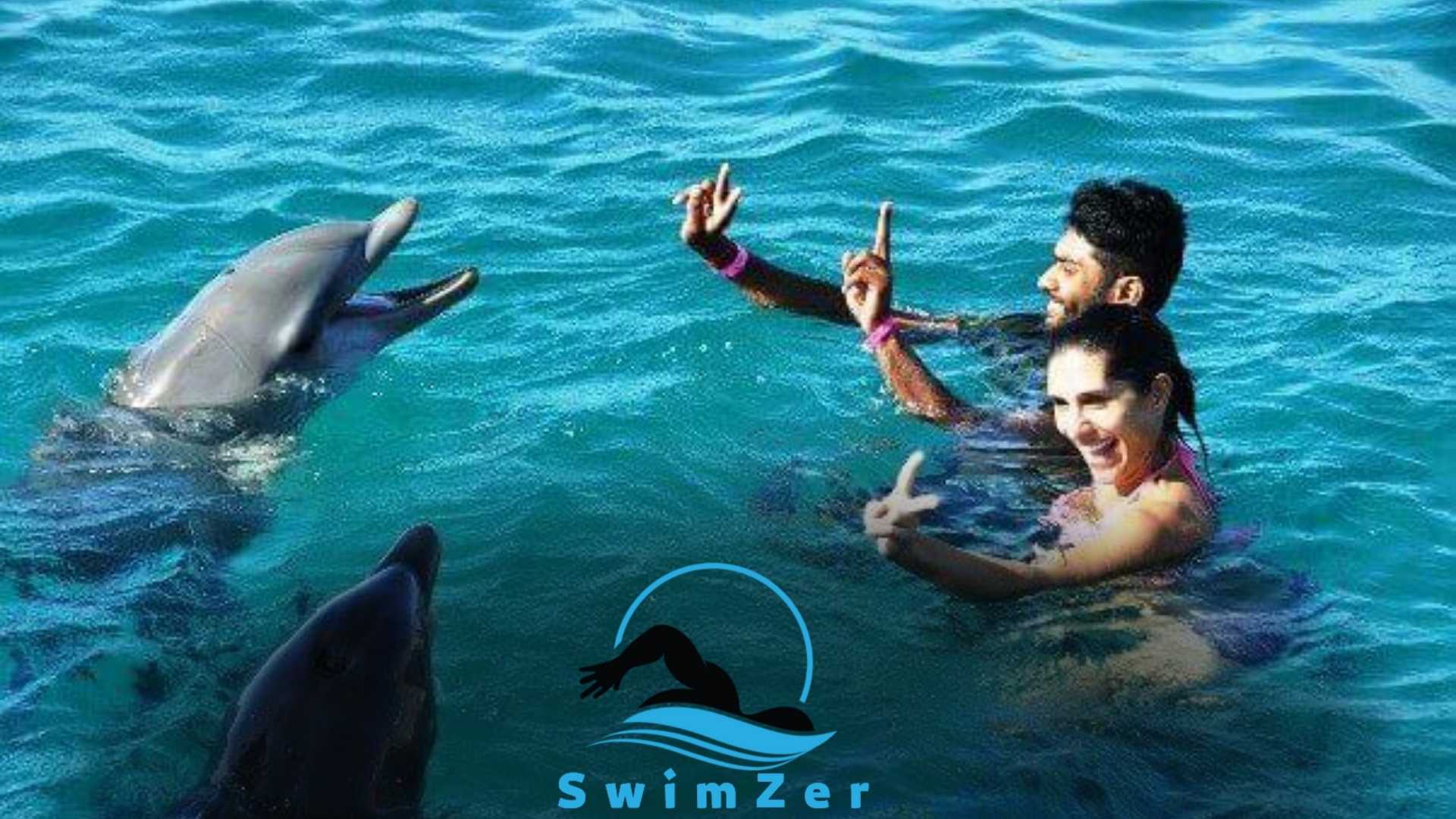No, it is not recommended to swim with an open wound as it increases the risk of infection. Swimming with an open wound is a common question, especially during the summer when swimming is popular.
It is common to suffer a cut or scrape while enjoying outdoor activities. However, it is essential to take precautions when considering swimming with an open wound.
In general, swimming with an open wound is not recommended because it increases the risk of infection.
Open wounds make it easier for bacteria, viruses, and other pathogens to enter the body, causing infections that can be severe. Swimming in chlorinated water or saltwater does not guarantee complete protection from infections.
In this article, we will discuss why swimming with an open wound is not safe and what precautions you can take to prevent infection.
Understanding Open Wounds
Open wounds are injuries that damage the skin, exposing the internal tissues to the outside environment. There are various open wounds, such as abrasions, lacerations, and surgical wounds.
Proper care and attention during the healing process of open wounds are crucial to prevent infection or further complications.
It is important to keep the wound clean and dry to prevent the growth of bacteria. Additionally, an open wound may take several days or even weeks to heal based on the depth and size of the wound.
Therefore, it is best to avoid swimming with open wounds as it increases the risk of infection and slows the healing process.
If it is necessary to go swimming, discuss it with your doctor and follow their recommended precautions to minimize the risk of infection.
While considering swimming with an open wound, being aware of infections is crucial. Understand the risks of swimming with a staph infection and how to stay safe.
The Risks of Swimming With An Open Wound
Swimming with an open wound can lead to serious health risks. First and foremost, there’s the risk of infection. The wound is vulnerable to bacterial infections and is exposed to various pathogens present in water.
Furthermore, swimming can delay the healing process as it can cause irritation and further damage to the wound.
In addition, water-borne diseases are a grave concern. The transmission of harmful microorganisms such as viruses and parasites is possible. Waiting until the wound has healed before hitting the water is crucial.
Safety is paramount in preventing health complications from swimming with an open wound.
Precautions to Take When Swimming With An Open Wound
Swimming can be risky if you have an open wound without proper precautions. Covering your wound is crucial to prevent water-borne infections and further injury.
Keep the wound clean and dry, and avoid touching it with dirty hands. Chlorinated pools are the best option, as they limit the spread of bacteria and viruses.
Avoid swimming in natural bodies of water, where the risk of infection is higher. With these precautions, you can still enjoy a swim while healing your wound.
So, take the necessary care, go for a swim, and have fun!
Busting Myths About Swimming With An Open Wound
Swimming with an open wound has been a subject of much debate. The fact is that swimming in saltwater can clean wounds to a certain extent.
On the other hand, pool chlorine can burn wounds and make them more prone to infection.
It is important to note that open wounds should be properly treated and covered before jumping into any body of water. While swimming may provide a refreshing experience, it is necessary to be mindful of any cuts, scrapes, or open wounds on the body.
So, before diving, ensure that you cover your wound properly and take the necessary precautions to avoid any further complications.
Open wounds aren’t the only concern when swimming. If you or someone you know uses a Foley catheter, learn about the precautions of swimming with a Foley catheter.
Frequently Asked Questions
Can I Swim If I Have An Open Wound?
Swimming with an open wound increases the risk of infection. It is advisable to avoid swimming until the wound has completely healed.
What Should I Do If I Accidentally Swim With An Open Wound?
If the wound is exposed to untreated water, immediately rinse it with clean water and soap and apply an antiseptic. Cover the wound with a sterile dressing to prevent further contamination and seek medical advice.
How Long Should I Wait to Swim After Having An Open Wound?
You should wait until the wound is completely healed and there are no signs of drainage or scabbing. Typically, it takes 1-2 weeks for a small wound and 2-4 weeks for a larger wound to heal.
Can Swimming in Saltwater or Chlorinated Water Heal An Open Wound?
Swimming in saltwater or chlorinated water does not aid in wound healing. It can irritate and delay the healing process. It is best to avoid swimming in any water until the wound is healed.
What Are the Risks Of Swimming With An Open Wound?
Swimming with an open wound increases the risk of bacterial infection, which can lead to further complications if left untreated. It can also cause pain and irritation and delay the healing process.
Conclusion
Swimming is a fantastic exercise that provides many health benefits. However, it is important to be cautious when swimming with open wounds.
While chlorine can help prevent infections, it is not a guaranteed solution. Open wounds can also be a source of bacteria, which could put you and others at risk.
It is also important to consider the location of the wound and severity when deciding whether to swim or not. In general, it is best to avoid swimming until the wound has properly healed and there is no risk of infection or bleeding.
If you do choose to swim with an open wound, it is important to take precautions such as covering the wound and avoiding crowded public pools.
Ultimately, it is up to you to decide whether to swim or not, but protecting yourself and others should always be a priority.










